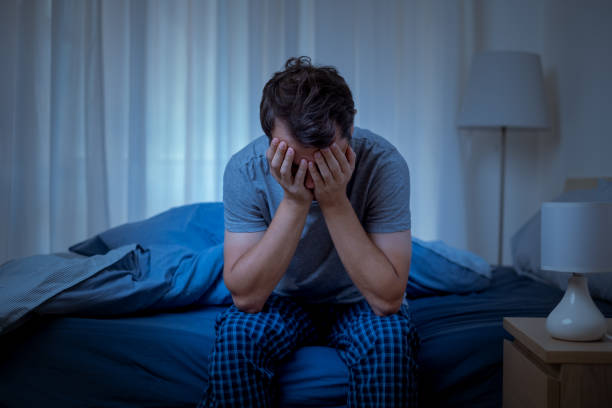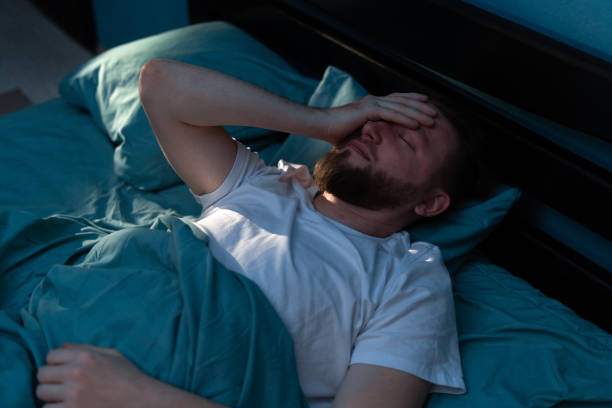Sleep Problems and Depression
Sleep disturbances are a prevalent concern among those who are depressed. We at UMEED understand the complex interrelationship between sleep and mental health, and our staff of highly qualified psychiatrists and psychologists is here to support you as you navigate and deal with these issues.
Sleeping Problems Solutions at UMEED
At UMEED, we provide complete solutions catered to your particular requirements:
Cognitive behavioral therapy for insomnia (CBT-I)
A successful treatment that targets the beliefs and actions that keep you from getting a good night's sleep.
Medication Management
To reduce adverse effects on sleep, our psychiatrists can assess and modify your medication.
Counseling and Therapy
Our psychologists provide ongoing assistance in managing depression and related sleep issues.
Education on sleep hygiene
Tips for actions that encourage healthier sleeping patterns.
How does Depression Affect Sleep?
Depression can cause a variety of sleep disorders by having a substantial impact on sleep patterns. Having trouble falling asleep, waking up during the night, and waking up early in the morning are common problems. These disruptions can worsen the symptoms of depression in addition to having an impact on your general health.

Types of Sleep Disorders
Insomnia: An inability to fall or stay asleep is known as insomnia.
Hypersomnia: Excessive daytime sleepiness is known as hypersomnia.
Apnea: Breathing problems while you sleep are known as sleep apnea.
Restless Leg Syndrome (RLA): A painful compulsion to move the legs at rest is known as restless leg syndrome (RLS).
Causes of Disturbed Sleep
Psychological Factors: Stress, depression, and anxiety are major causes of disturbed sleep.
Medical Conditions: Pain and chronic illnesses can cause sleep disturbances.
Lifestyle Decisions: Substance abuse, erratic schedules, and poor sleep hygiene can all affect the quality of one’s sleep.

Why You May Not Be Sleeping Well
It’s critical to identify the underlying reason for your sleep issues. Negative emotions and ideas are frequently brought on by depression, which can keep your mind occupied when you should be relaxing. Furthermore, several depression drugs may interfere with sleep. Anger, frustration, or irritability can also be significant contributors to sleep disturbances. These emotions can heighten stress levels, making it difficult to unwind at night. Learning to manage these feelings through techniques such as mindfulness, therapy, or relaxation exercises can improve your sleep quality and overall mental well-being.
How to Get Sleep Fast
Establish a Routine: Every day, go to bed and wake up at the same hour.
Create a Sleep-Friendly Environment: Establish a Sleep-Friendly Ambience: Ensure your bedroom is quiet, dark, and cold.
Reduce Screen Time: Put screens away at least one hour before bed.
Use relaxation techniques: Progressive muscle relaxation, deep breathing, and meditation can all help prepare your body for sleep.
Why Choose UMEED
Professional Care: Our team consists of skilled psychiatrists and psychologists who are committed to mental health and well-being.
Tailored Treatment Programs: We create customized programs that deal with your mental health and sleep problems.
Holistic Approach: We consider every facet of your life to provide all-encompassing care.
Take the First Step Towards Better Sleep
Refrain from letting depression and insomnia rule your life. Please make an appointment for a consultation with UMEED right now to learn how our specialized services can help you attain restful, restorative sleep and enhance your quality of life in general.
Visit our website or call us at [Phone Number] for additional details or to schedule an appointment.
